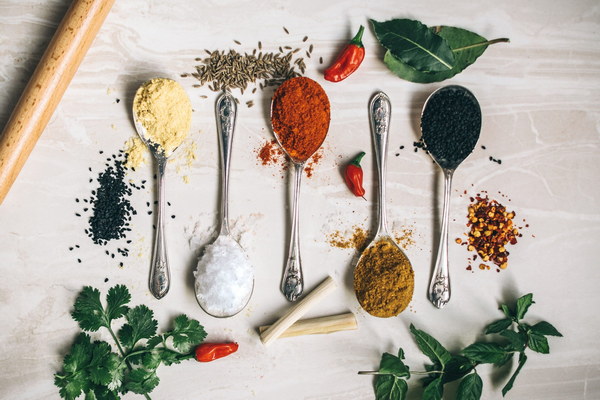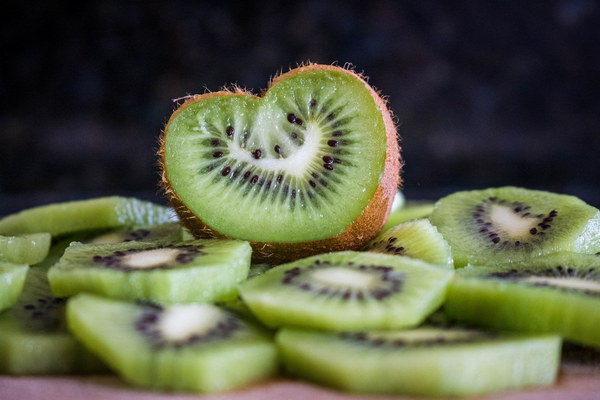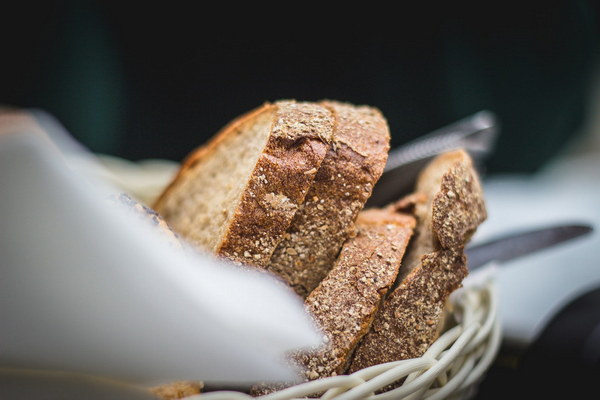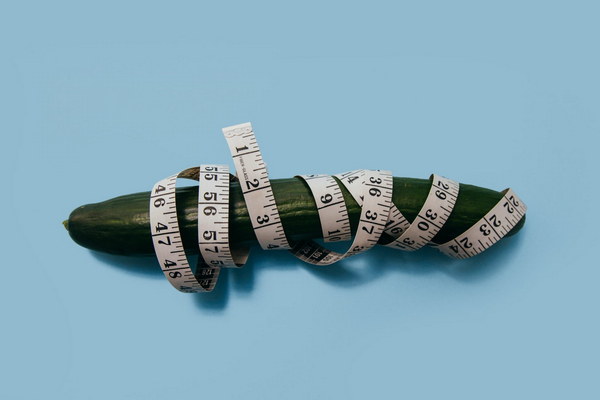Balancing Yin Excess A Comprehensive Guide to Tonicizing Your Body
Introduction:
Yin excess, also known as yin deficiency, is a common condition in traditional Chinese medicine (TCM) where the body's yin energy is imbalanced and overwhelmed by excess yin. This condition can lead to various health issues, including fatigue, low energy, mood swings, and even chronic diseases. In this article, we will explore the causes of yin excess and provide practical tips on how to balance your body's yin energy through diet, lifestyle, and herbal remedies.
Understanding Yin Excess:
Yin energy is the cooling, calming, and nourishing aspect of the body, which is responsible for maintaining the body's balance and harmony. When yin energy becomes excessive, it can disrupt the body's balance and lead to various health issues. Common symptoms of yin excess include:
1. Fatigue and low energy levels
2. Sleep disturbances, such as insomnia or restless sleep
3. Mood swings and irritability
4. Dry skin, hair, and nails
5. Joint pain and stiffness
6. Digestive issues, such as bloating, constipation, or diarrhea
Causes of Yin Excess:
Several factors can contribute to yin excess, including:
1. Overconsumption of cold, raw, or frozen foods
2. Excessive consumption of dairy products and other rich, heavy foods
3. Chronic stress and anxiety
4. Lack of adequate sleep and rest
5. Overheating the body through excessive exercise or exposure to heat
Balancing Your Body's Yin Energy:
1. Diet:
- Reduce the intake of cold, raw, and frozen foods, as well as dairy products and heavy foods.
- Incorporate more warm, cooked, and nourishing foods, such as soups, stews, and grains.
- Include foods that are rich in yin energy, such as quinoa, oats, sweet potatoes, and leafy greens.

2. Lifestyle:
- Practice relaxation techniques, such as yoga, meditation, or tai chi, to reduce stress and promote a sense of calm.
- Ensure you get adequate sleep and rest to allow your body to rejuvenate.
- Avoid overexerting yourself physically and mentally.
3. Herbs and Supplements:
- Consider using herbal remedies that can help balance your body's yin energy. Some common herbs include:
- Rehmannia (Shu Di Huang): Known for its nourishing properties, it helps to replenish yin and blood.
- Peony Root (Ba Ji Tian): This herb is believed to help balance the body's yin and blood, and relieve joint pain and stiffness.
- Coix Seed (Yi Yi Ren): This herb is used to nourish the spleen and stomach, and help balance yin and yang energy.
4. Acupuncture and Massage:
- Acupuncture and massage therapy can help balance the body's yin and yang energy, and relieve symptoms associated with yin excess. Consult with a licensed practitioner for personalized treatment.
Conclusion:
Balancing your body's yin energy is crucial for maintaining overall health and well-being. By adopting a holistic approach that includes diet, lifestyle, and herbal remedies, you can effectively manage yin excess and restore balance to your body. Always consult with a healthcare professional before starting any new treatment or dietary changes.









